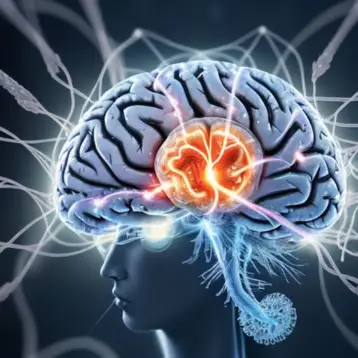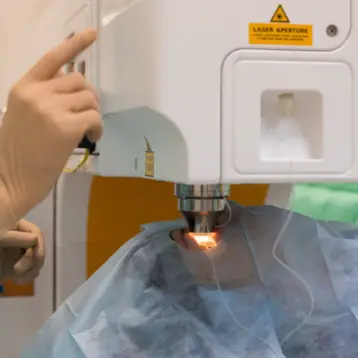|
Since HIV became a worldwide problem scientists have been determined, yet unsuccessful, in creating strong protective antibodies. Antibodies are proteins that are found in blood or other bodily fluids, and are used by the immune system to identify and neutralize foreign objects, such as bacteria and viruses. Some scientists believe antibodies have a potential to control the HIV virus infection in humans if given enough help.
HIV is a type of virus named a “retrovirus,” which copies its RNA genetic material into DNA and incorporates it into the DNA of its host. Back in 1978, researchers from the National Institutes of Health (NIH) studied a similar retrovirus in mice and found a gene named Rfv3 that influenced neutralizing antibodies construction. Once neutralizing antibodies are produced in the host, they can attack and destroy an infecting virus and allow the animal to recover.
By 1999, the search for the possible location of Rfv3 in the genome was narrowed down to a small region on chromosome 15, but that region contained 60 genes. Now, the laboratory of GIVI Director Warner C. Greene and a team of scientists from NIAID have shown that Rfv3 is actually Apobec3 – an innate immunity gene with antiretroviral activity. This discovery came as a surprise for the team.
The recent studies have been restricted to mice and a different retrovirus, yet the results of these studies may be extended to HIV as well. One of the HIV genes, Vif, specifically disables human Apobec3 proteins thus causing HIV patients not to produce broadly neutralizing antibodies against the virus. This new study suggests that drugs or vaccines that would interfere with Vif activity could allow humans to have better neutralizing antibody responses against HIV.
|
The research team conducted several experiments by mating mice with different Rfv3 and Apobec3 profiles. They demonstrated that Apobec3, similar to Rfv3, plays an important role in the early control of the retroviral infection in mice and also has an effect on specific retroviral antibody responses. Another discovery was that Rfv3 sensitive mouse strains that fail to make antibody responses have a natural defect in Apobec3. These results provide convincing evidence that Rfv3 and Apobec3 is the same gene.
This link between Apobec3 and neutralizing antibody responses is even more interesting when we come to consider studies that found people that somehow resist the HIV infection despite being exposed to the virus for years. These individuals were found to produce a special type of antibody recognizing the virus and genetic mapping studies of their resistance points to a chromosomal region where the human Apobec3 genes are clustered.
The next step for the research group would be to investigate Apobec3 differences in these individuals and currently they are screening for compounds that could improve the Apobec3 function during an HIV infection.
TFOT has recently covered several stories on different aspects of the HIV virus. One such story is of a natural protein which prevents the HIV virus from spreading, discovered by scientists at the Rockefeller University and the Aaron Diamond AIDS Research Center. Another story covered a new combination of antiretroviral therapy which effectively restores HIV patients’ immune function levels to levels similar to those found in healthy individuals, discovered by scientists by a European research group.
For more information on the Apobec3 research visit the Gladstone institute website.











